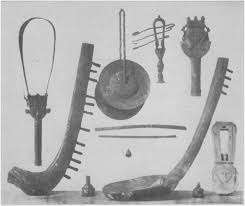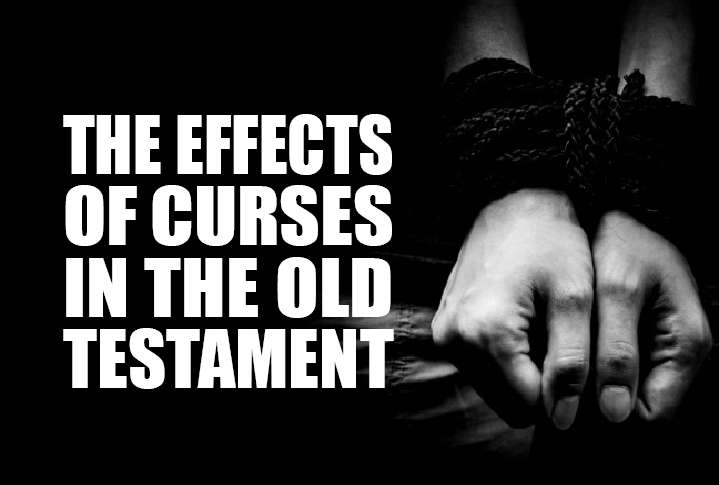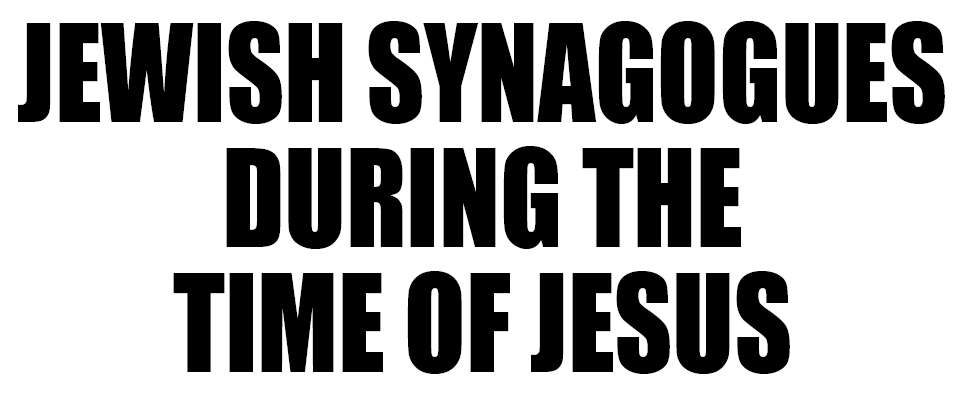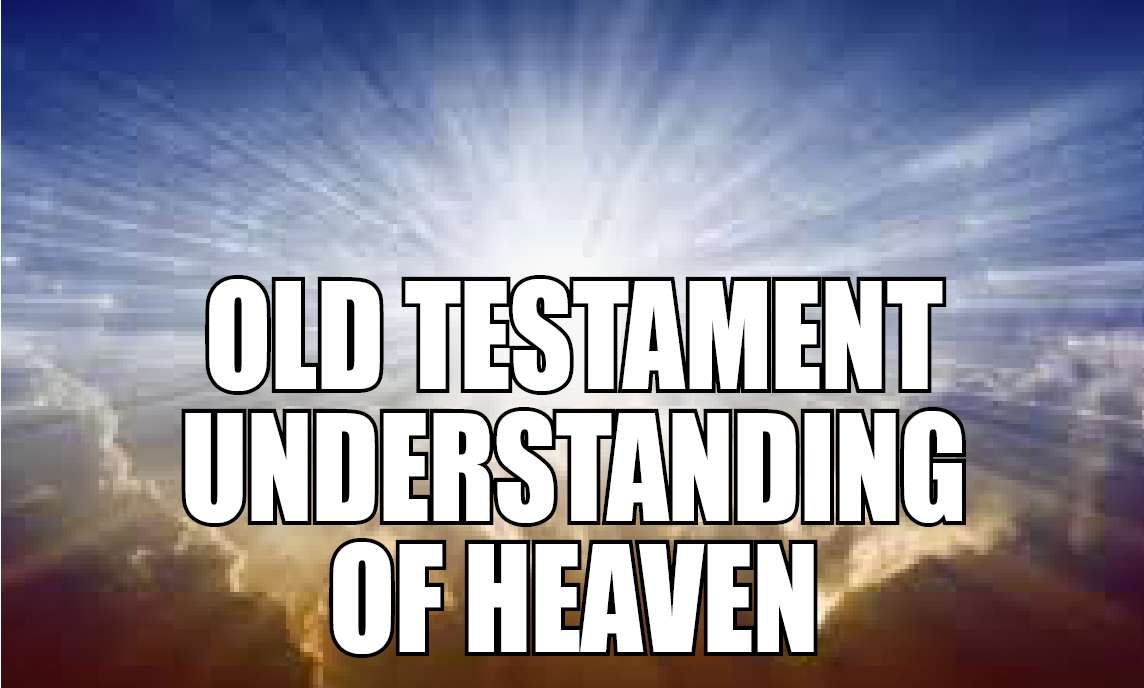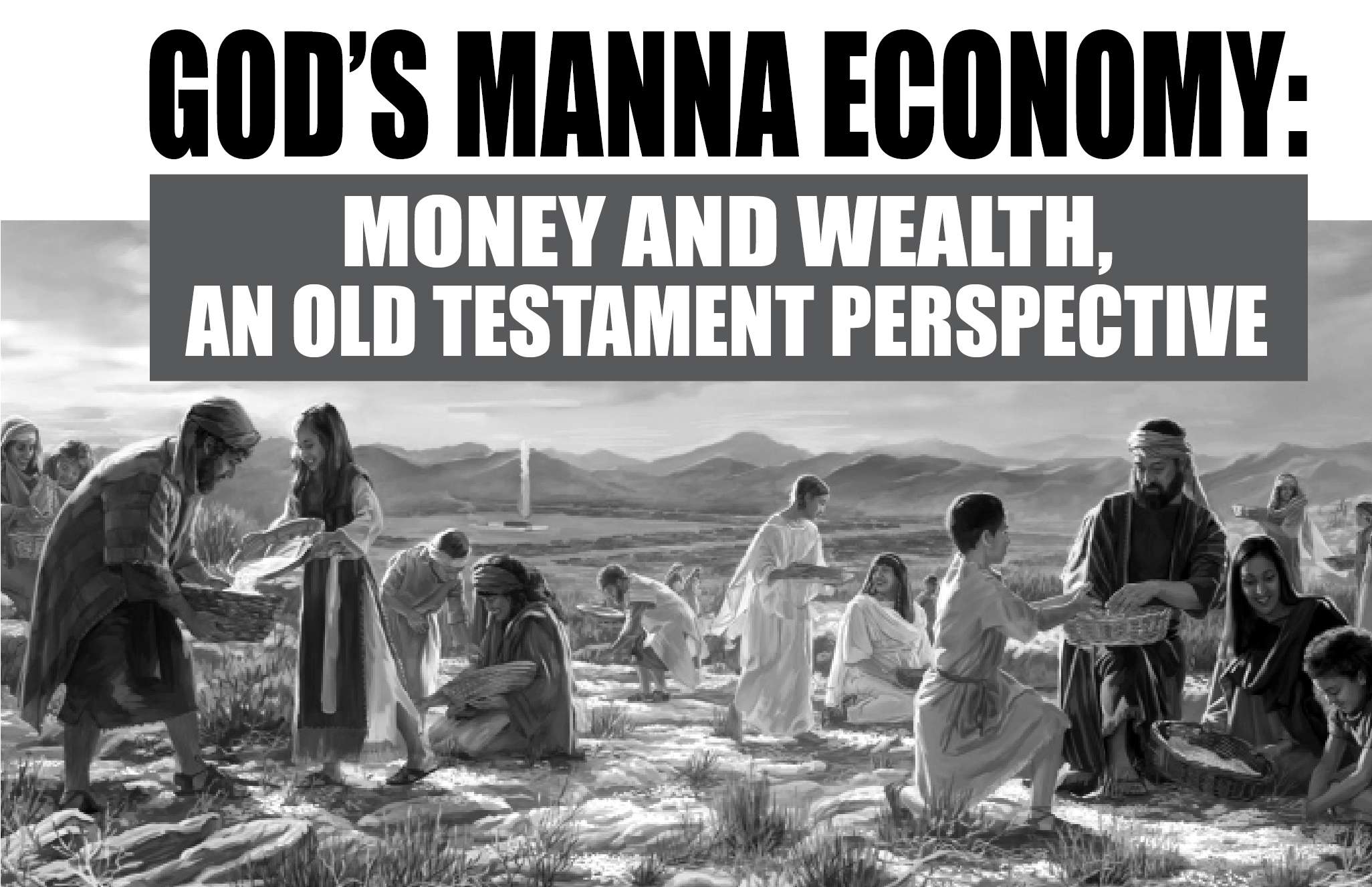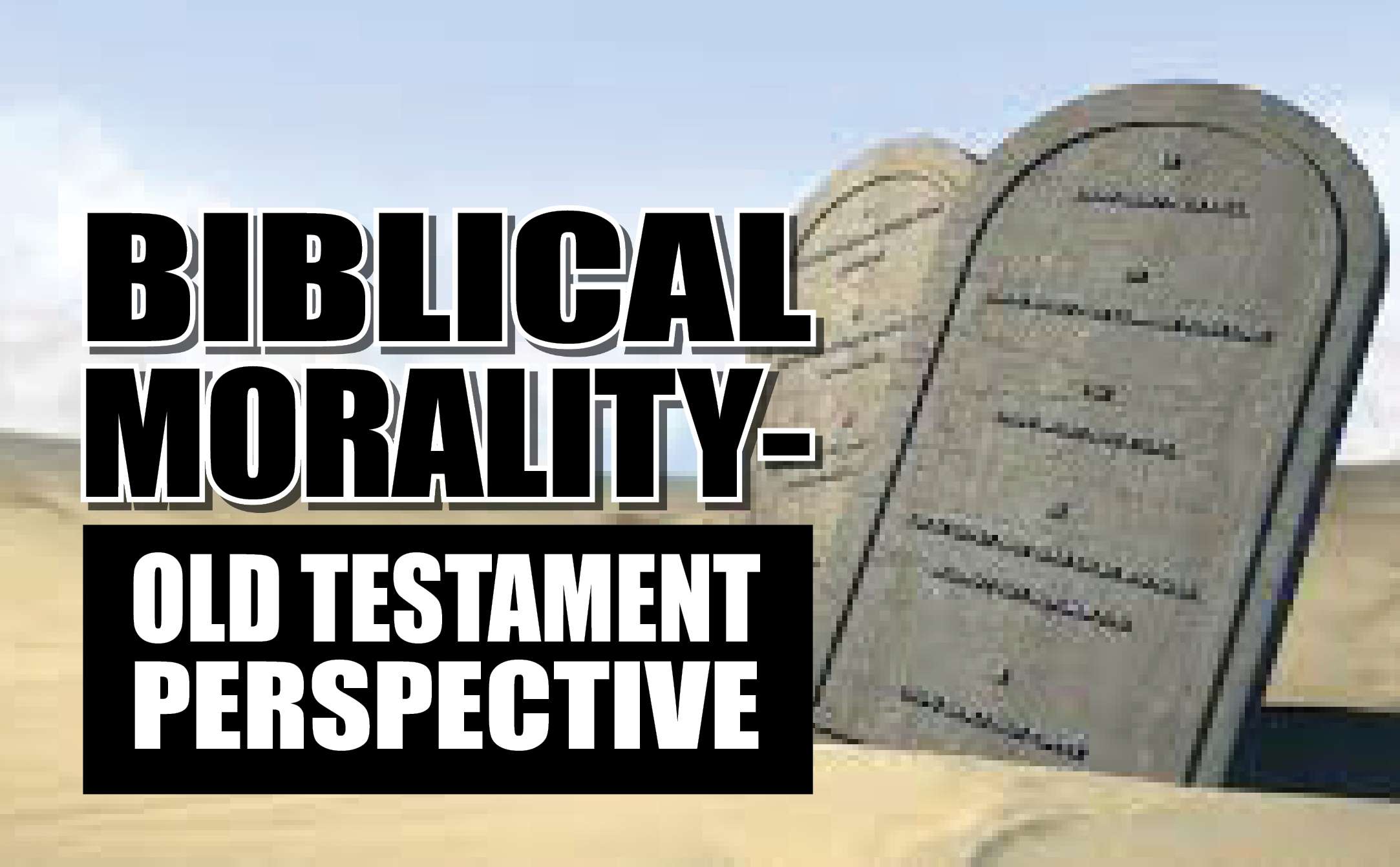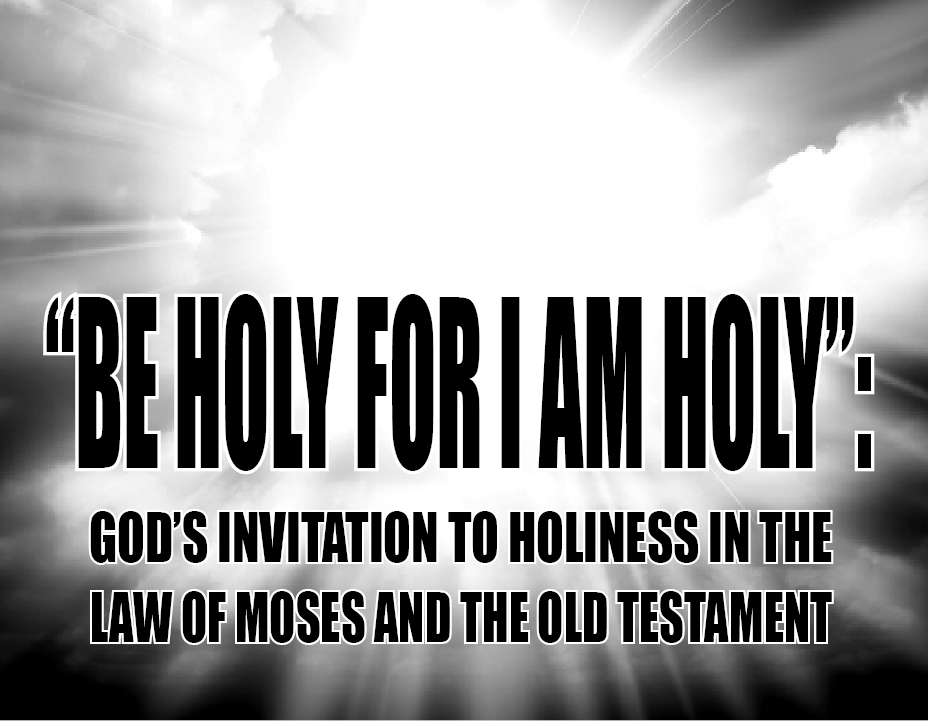

"Be Holy for I am Holy": God's Invitation to Holiness in the Law of Moses and the Old Testament
Pr. Jison Saju Joseph
One of the most important attributes for understanding God and ourselves is God’s holiness. Our comprehension of the holiness of God, based on natural senses, remains insufficient. In Exodus 15:11, Moses asks, “Who among the gods is like you, O Lord? Who is like you-majestic in holiness, awesome in glory, working wonders.” When we do not realize God’s holiness, we also lose a sense of our own sinfulness, our need for God’s grace, and the desperate plight of our culture. The Hebrew word for holy is ‘quadosh’, and the Greek word is ‘hagios’. In both cases, the meaning is separatedness or being set apart from that which is unclean and ordinary. An encounter with God always produces awe and dread that leads to separation from sin. In the Old Testament, the term “holiness” is applied to God in two senses. First, God is separate, set above all which is created. Yet, it is God who calls us to an ethical purity. Secondly, things are regarded holy because of their connection with God - Holy ground, Holy Sabbath, Holy place.
Human encounters with the holiness of God in the Old Testament were often fearful. Following God’s destruction of Pharaoh’s army in the Red Sea, the Israelites rested near Mount Sinai - where God appeared to Moses in a burning bush. Before God would establish a covenant with His people, He ordered them to separate from impurity, to make themselves sanctified (holy) to God. On the third day of preparation, God descended to Mount Sinai, demonstrating His power and holiness (Exodus 19:16–20). God warned that anyone touching the mountain would be put to death. Only Moses and Aaron were permitted on the mountain. Mount Sinai was “set apart as holy” -a reminder of the immeasurable chasm between the divine and the human.
The Holiness of God: The Heart of Mosaic Law
The Old Testament concept of Law is a lifestyle of nurtured and nurturing relationship with God and others, subsuming every facet of life to a dynamic (growing) and joyful acknowledgment of God as supreme Sovereign and Lord of the earth. Torah is not primarily a book to obey or rules to follow; it is a covenant, a path to walk, and a way of life to lead. And yet that walk must authentically reflect the character of the God who has called people to walk it. At Sinai, God made a covenant between Himself and Israel. The Israelites had to keep this covenant in obedience to the Law if they were to enjoy the blessings attached to it. It was on the ground of this covenant that Israel entered Canaan, and it was on the basis of this covenant that God dealt with them as they lived in the land. When Israel entered into this covenant they were to cleanse themselves, for God only draws nigh to those who are clean. Israel needed to understand the holiness and dignity of the One with whom they were making a covenant. Israel did not have to earn redemption by perfect obedience; this is evident by the substitutionary sacrifices present in the law. God’s commitment to save His people was already in place before Sinai. As individuals, the Israelites were expected to conform to the holiness of God. Heart religion in Israelite tradition is not just emotional experience, but an active relationship with God that goes far beyond legal imputation of righteousness or holiness.
The Law of Moses was a means of expressing an interactive relationship with God, one in which God’s role is defined by mercy and grace, and in which the faith community’s role is defined by a lifestyle that embodies a concrete response to that grace as a witness to God in the world. That lifestyle subsumes every facet of life under God, so that every detail of life is lived as a testimony to God’s grace as it reflects the character of God. However, all of life cannot be governed by fixed law, because human experience is too diverse, and the movement of history simply will not allow such rigidity. Since torah encompasses both poles of stability and change, it provides anchored guidelines, yet allows flexibility in application. A heart turned toward God will seek to learn torah as the guiding influence of God, the light God shines on the path of life, and will listen for the voice of God speaking torah in a variety of ways. The Old Testament concept of torah as a lifestyle lived out in response to God’s grace, encompassing a grounding in God Himself, yet calling for a holy lifestyle as His people in the real life experience of the world, is genuinely a torah of the heart (Deut 6:5-6).
The Old Testament Emphasis on the Holiness of God: The Vision of Isaiah
In Isaiah 6:1-8, we see Isaiah’s vision of God in the temple. He sees the Lord “sitting on a throne lofty and exalted” (vs. 1). Seraphim surround Him calling to each other, “Holy, Holy, Holy, is the Lord of hosts, the whole earth is full of his glory” (vs. 3). This triple repetition of a divine attribute is without parallel in the rest of the Bible. Scripture never says that God is “justice, justice, justice” or even “love, love, love,” but it does say that He is “holy, holy, holy.” The Hebrew does not have a grammatical way to express the comparative or the superlative (i.e., holier or holiest). The way it stresses the importance of something is by repetition. For instance, Genesis 14 describes a battle between various kings. At one point the kings of Sodom and Gomorrah flee and fall into the “tar pits” (vs. 10). In order to indicate the size and extent of these “tar pits,” the Hebrew just repeats the word “pit.” These “tar pits” are the “pit, pits.” In other words, these are the pitiest pits you could find anywhere. Similarly, when God is described as “holy, holy, holy,” it underlines his utter purity. He is set apart, One who inspires awe and is worthy of worship. The foundations of the temple start to tremble (vs. 4) and so does Isaiah himself. He cries out, “Woe is me, I am ruined! Because I am a man of unclean lips and I live among a people of unclean lips” (vs. 5).
This is the only time in Scripture that a prophet pronounces the prophetic judgment “woe” on himself. As Isaiah encounters God’s holiness, he is acutely aware of his sin and the sinfulness of the society around him. Any vision of God’s holiness leads to a sense of our own sin and makes us sensitive to the unholiness of the culture around us. Isaiah is also particularly aware of the deficiency in his speech and the way of speaking around him. It goes on to speak of the throat as an “open grave” (vs. 13), “tongues…deceiving” (vs. 13), lips have the “poison of asps” (vs. 13). The mouth contains “cursing and bitterness” (vs. 14). This emphasis ought to lead us to examine what comes out of our mouths, and to reflect on the unholy ways our culture influences our speech. However, if Isaiah was simply left with this crushing sense of sin, he would be unfit for the ministry he was called to pursue. So God sends a seraphim with a burning coal from the altar to touch Isaiah’s lips (vs. 6). In this way, Isaiah is told that “your iniquity is taken away, and your sin is forgiven” (vs. 7). Then (and only then) the Lord asks, “Whom shall I send, and who will go for us?” (vs. 8). Isaiah responds, “Here am I, send me!” (vs. 8).
When Isaiah responds to God’s call, he is under no illusion about the degree of his sinfulness. He is utterly dependent on God’s grace. In a similar way, when we each see our own sin, that does not make us unsuitable for ministry, but a candidate desperately desiring God’s grace. In fact, if we feel worthy of the ministry to which we have been called, we should beware. Unless we grasp God’s holiness, we will no longer be “amazed” at his amazing grace. It is easy to take God’s grace for granted, and this is commonly done today. Rather than assuming God’s holiness and being amazed by His grace, we take for granted His grace and are amazed and offended by his holy wrath and judgment. Many presume on God’s grace by doing that which they know is wrong, rather than being deterred by a fear of His holiness.
The law as an outline for the type of life expected for God’s holy people has not changed in the New Testament too. As Christians, we are expected to keep the moral law of God. While the Mosaic Law was given primarily externally to the Israelites, it is given to us internally. Our ability to keep the law has not diminished under the Gospel but has actually increased. In the Old Testament there were holy places and holy spaces. The ground around the burning bush was holy (Ex. 3:5). The temple was holy (Isa. 64:11; Jon. 2:4; Hab. 2:20). There are holy utensils (I Chron. 9:29), garments (Ex. 29:21; Lev. 16:4), foods (I Sam. 21:4; Neh. 7:65), oil (Ex. 30:25, 31; Num. 35:13; Ezek. 42:13). The holiness of God sets apart concrete things as holy. Though we are not bound by the ceremonial law (fulfilled in Christ), we are to now set apart all aspects of our lives as holy unto the Lord.

